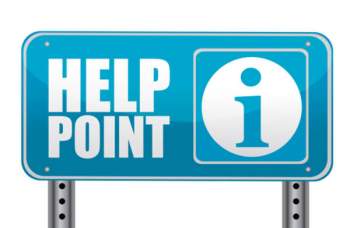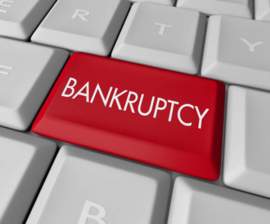
How Do I Obtain Debt Help

Related Forms
Schedule B - Personal Property
Schedule C - Property Claimed as Exempt
Schedule D - Creditors Holding Secured Claims
Schedule E - Creditors Holding Unsecured Priority Claims
Schedule F - Creditors Holding Unsecured Nonpriority Claims
Schedule G - Executory Contracts and Unexpired Leases
Schedule I - Current Income of Individual Debtor(s)
Schedule J- Current Expenditures of Individual Debtor(s)
Summary of Schedules (Includes Statistical Summary of Certain Liabilities)
List of Creditors Holding 20 Largest Unsecured Claims
Debtor's Certification of Completion of Instructional Course Concerning Financial Management
View All
What is Debt Help?
Debt help refers to any means or measure which provides advice, resources or information concerning the alleviation of debt. Debt help is offered in a variety of forms; an individual consumed by mounting debt can seek the debt help of a credit counseling professional, agency or other financial institution. Furthermore, a debt holder can secure debt help through a number of online or tangible resources—this form debt help typically comes in pamphlet or web-page form and consists of merely advice or tips on how to mitigate problems associated with debt.
The most common form of debt help is debt consolidation. This act effectively combines a holder’s multiple debts into an extensive/singular debt package. As a form of debt help, consolidation diminishes the consumer’s exposure to multiple or higher interest rates, late fees and other penalties associated with a repayment plan. Consolidation also enables a consumer to provide a single monthly payment--at a reduced rate—to pay-off all associated debts.
How do I Obtain Debt Help?
As stated above, an individual—consumed by debt—may secure debt help from a number of resources. Individuals in debt are by no means alone—the United States Federal Reserve estimates that Americans are approximately in $2 trillion worth of debt or roughly $18,000 per household. For these individuals, debt help should be attained from a professional—licensed credit counselors are adept in organizing and explaining a consumer’s debt to streamline a consolidation process or to effectively create a budget. The first step to seeking debt help is to analyze whether it is necessary. There is no specific amount of debt that will denote a consumer’s need for professional debt help. To analyze the inclusion of professional debt help, the consumer needs to calculate his/her disposable income (amount of money available to spend after taxes) against his/her debts. If the figure derived from this calculation is less than desirable or not enough to buy necessities (food, clothes, housing payments etc.) the individual will need to seek the aid of professional debt help.
If the consumer is facing crippling debts, they must begin a professional debt help search by contacting credit counseling or debt consolidation agencies in their area. Professional debt help institutions will be listed online or in the Yellow Pages—simply search these resources to compile a list of all professional debt help locations in your area. When searching for debt help, contact institutions that are comprised of licensed credit counseling agents; the institutions should also be non-profit agencies. Also, be wary of companies that immediately urge the filing of a debt management plan—professional debt help agencies should take an interest to the consumer and develop a plan that satisfies the individual’s particular needs.
When the consumer finds a reputable and professional credit counseling agent, the individual will inspect the consumer’s debts to either consolidate the figures or establish a budget. The counselor may also advise bankruptcy filing—this measure is considered more drastic and reserved for individuals who are crippled by mounting debts. If consolidation is chosen, the counselor will contact the borrower’s creditors to negotiate a reduced payment plan. After each creditor is contacted, the debts are agglomerated into one all-encompassing debt.
In addition to establishing budgets or filing for consolidation, a professional debt help agent may also initiate a do-it-yourself consolidation where the borrower will transfer all unsecured debts to the credit card that carries the lowest APR.
NEXT: Debt Negotiation





















